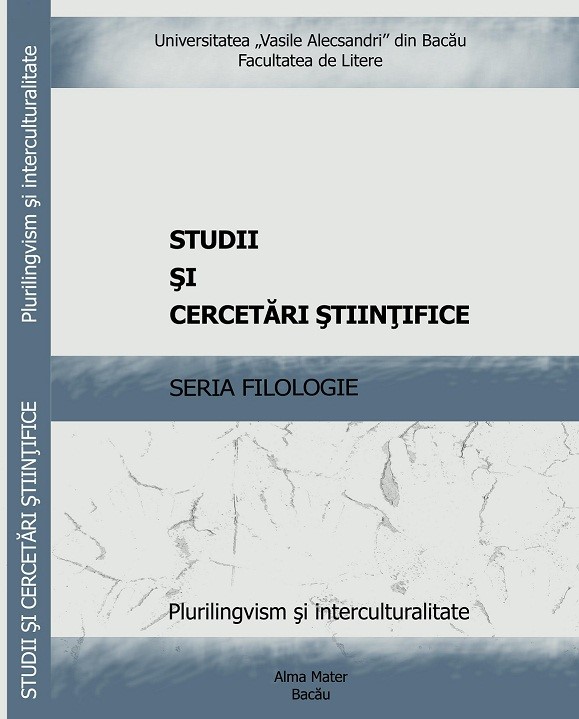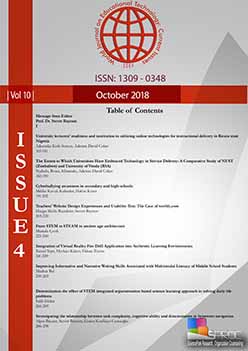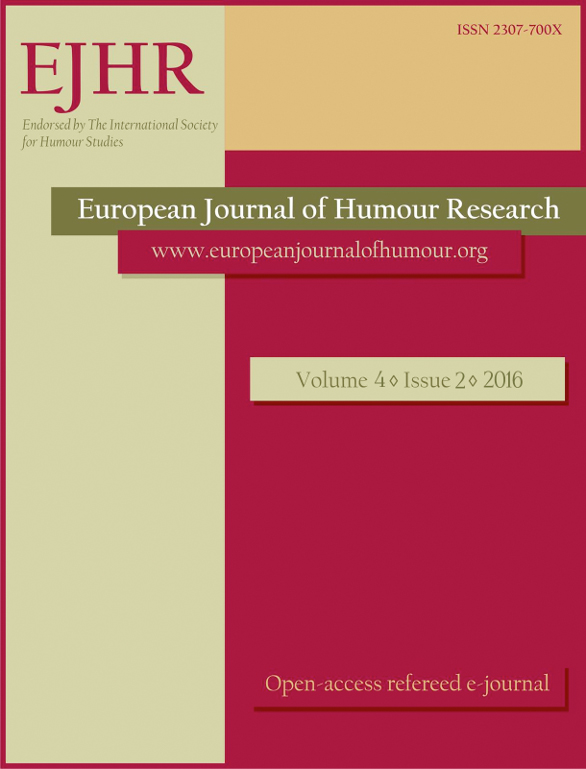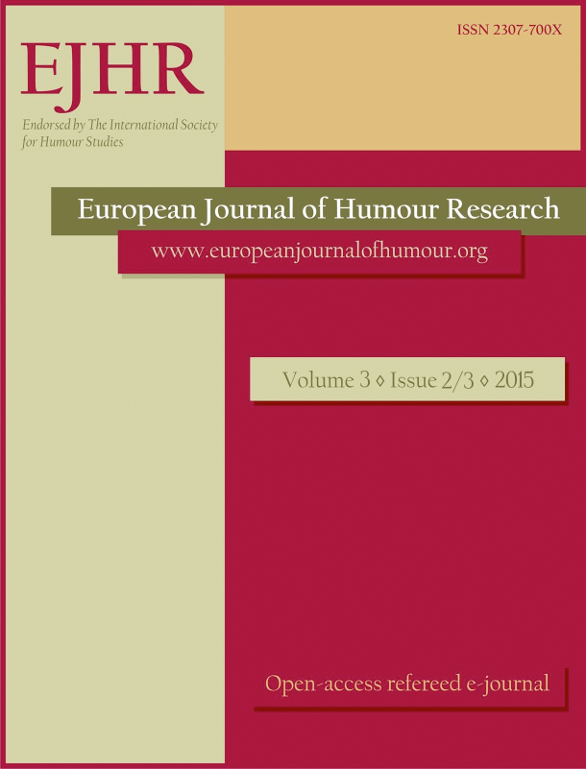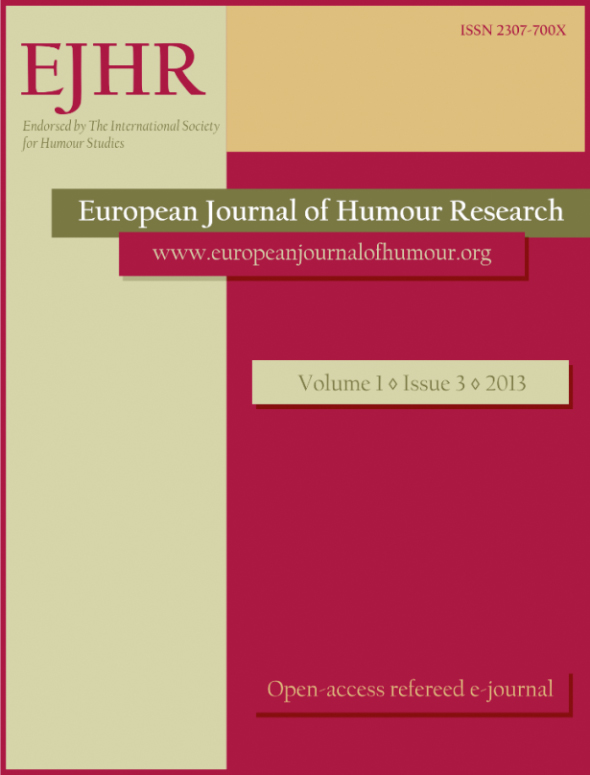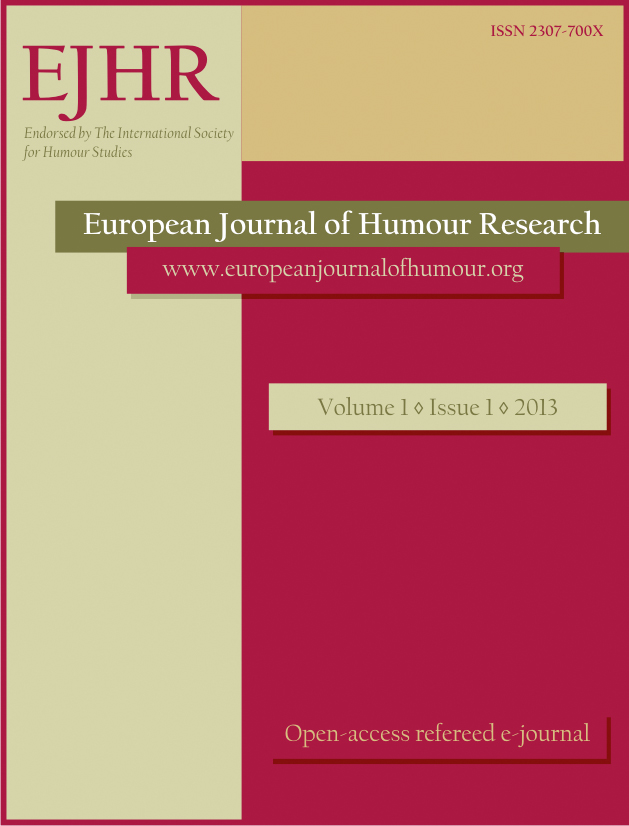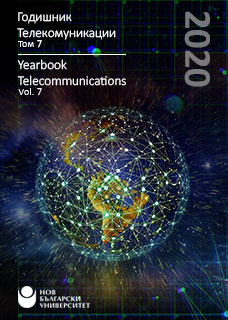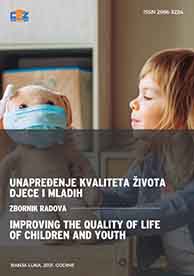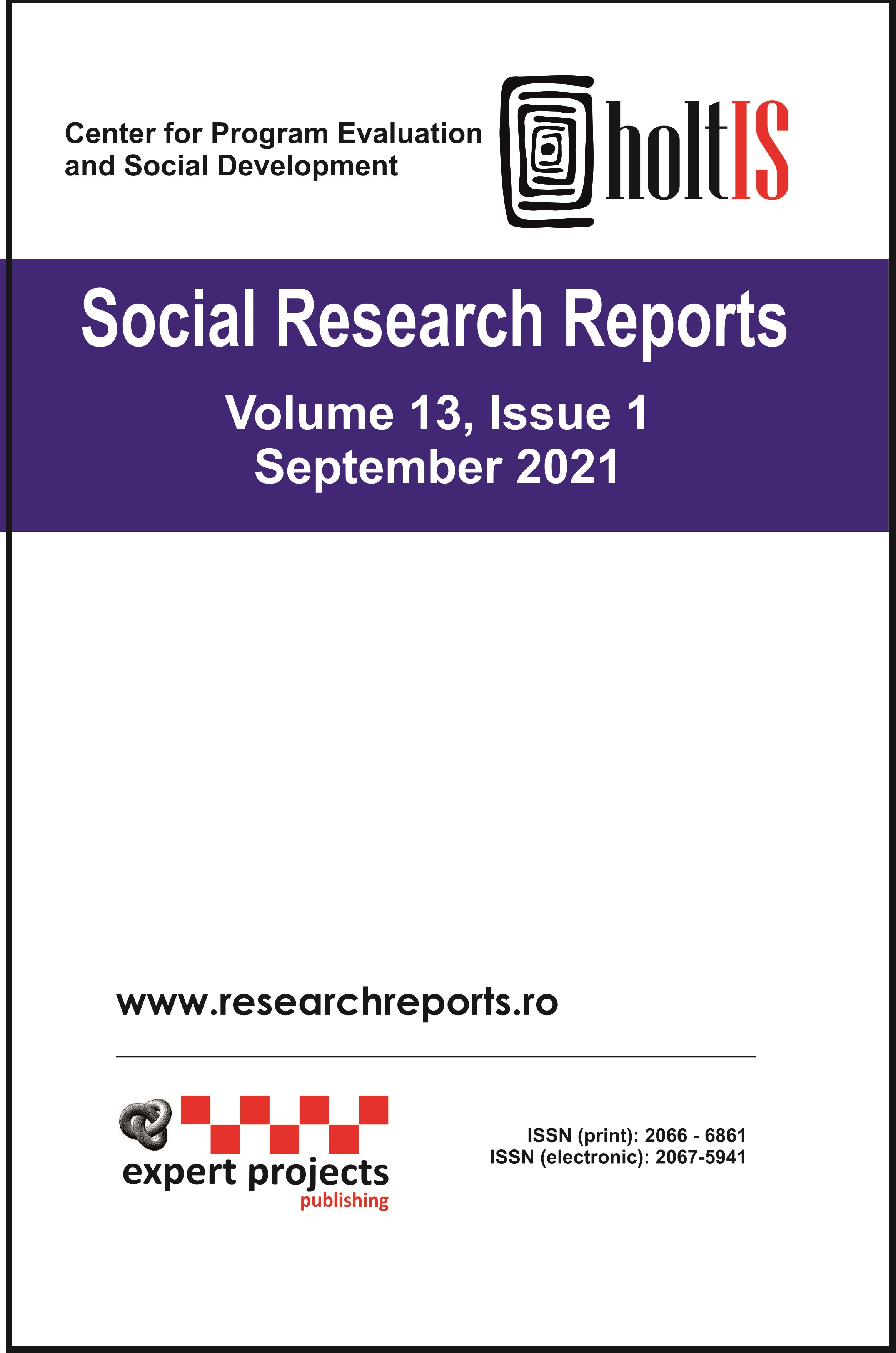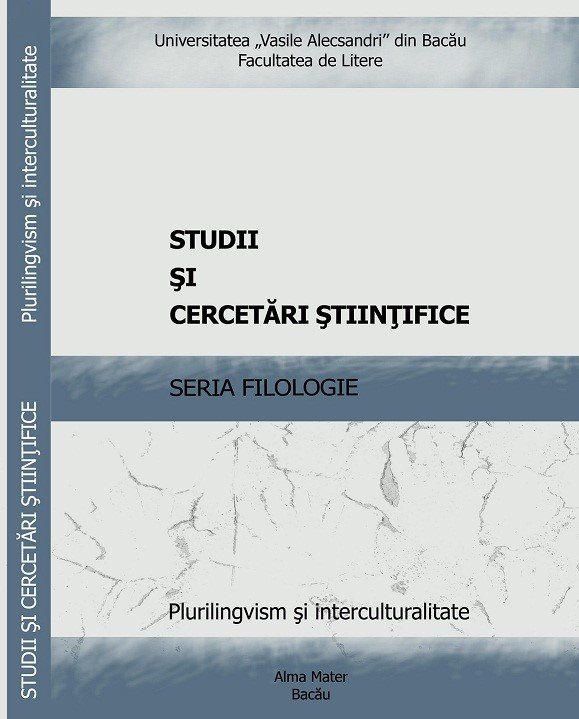
,,SCENOGRAFIA” DISCURSULUI DIDACTIC APARŢINÂND MANUALULUI
The terms belonging to theatre have been permanently transferred and adapted to various epistemic spaces, in the pursuit of organizing a coherent explanation pattern, the “script” being the “the speaking stage that the discourse involves in order to be produced and that, in exchange, needs to confirm through its utterance” . “The communication discourse” promotes understanding based on inferential reasoning, structured by the fundamental principles of conscious learning whose results will configure the identity of the cognitive structure of the teachable subject. This primary understanding, pertaining to the logical significance, will be a condition for further acceptance of an interpretation course, based on heuristic processes, on the consistent character of learning, reflected within the relationship with the incorporated information belonging to the student’s knowledge. The passage from potential to achievement is dependent on the intention and desire of the sender who has to translate an interior need. As part of the teaching discourse, “the creative discourse” is the practice context of the student’s creative potential, tributary to the development of the “lecture competence” with reference to Romanian as a school subject, aiming at the conscious approval of the interpretation process. This can be described in terms of labor concerning the creation process, the literature context facilitates the relationship between the education subject and various “paratope” belonging to Romanian and universal literature, through which the reaction to the symbolic valences of the literary works can be obvious. The identification process between the reader and the creation substantiated through a “school trial” should start from the re-enactment of the author’s labor process, through a participative activity associated to the questioning labor, organized according to the textbook score. It has to provide the student an understanding and interpretation pattern in order to guarantee a “successful” reading, that should harmonize various interpretation strategies.
More...
